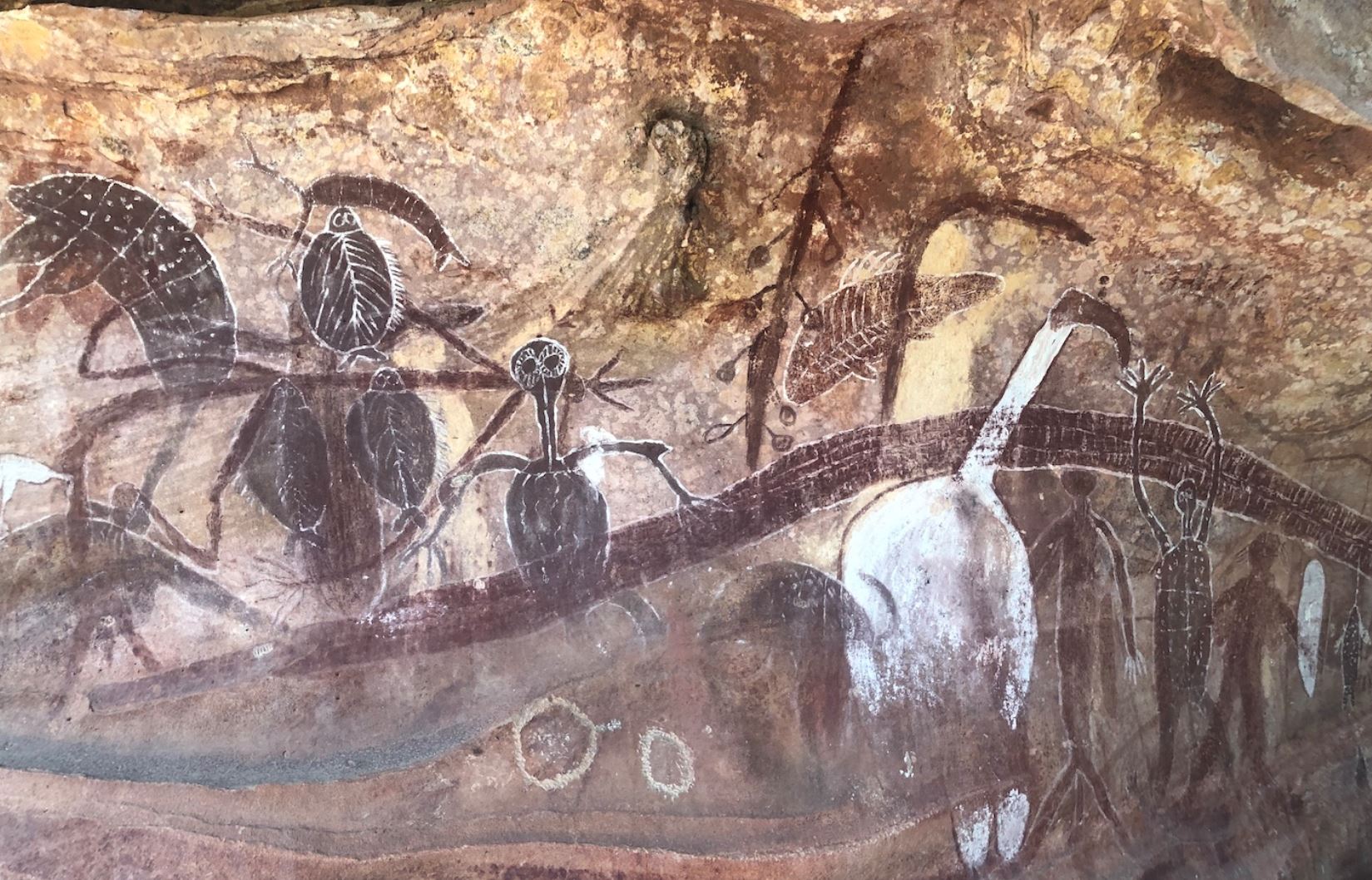
Prominent Australian archaeologists are praising the actions of shareholders to hold Rio Tinto to account for the blasting activity that decimated 46,000 year-old Aboriginal rock shelters in Western Australia in May this year.
Flinders University’s Associate Professor Jonathan Benjamin – who led a team that recently unearthed the first underwater Aboriginal archaeological sites on the seabed off northwest Australia – says the news of the resignation of Rio Tinto’s Chief Executive and two other senior executives sends a strong message that society demands developers and industry to act responsibly and respectfully.
“The actions of the Rio Tinto board and its shareholders demonstrate that the social contract for a company to do the right thing is not solely based on its legal requirements,” he says.
“Developers have a responsibility to undertake robust assessments and consultation when it comes to cultural heritage. Archaeology, whether on land or under water, is a non-renewable resource. Once a cultural site is destroyed, it is gone forever.”
Internationally acclaimed archaeologist Professor Claire Smith says the news of the resignations confirms the importance of Australia’s heritage in the eyes of shareholders.
“The reaction from investors shows that they value Australia’s Aboriginal past,” Flinders University’s Professor Smith says. “Other resources companies should take note.”
Fellow archaeologist Dr Daryl Wesley says that Rio Tinto promotes a global corporate social responsibility and sustainability policy as part of its corporate platform, and “the resignations announced this week demonstrate they are finally being held accountable to their own policies.”
Associate Professor Alice Gorman, also an archaeologist at Flinders University, concurs that it is very positive for society that shareholders are willing to call company executives to account for their attitudes to Indigenous heritage.
“Heritage is often seen as an impediment or nuisance in furthering mining, but increasingly it is a critical part of the social licence to operate. Perhaps this will send a message to other mining companies to get their house in order and stop using heritage as window dressing,” Associate Professor Gorman says.
Associate Professor Benjamin says the resignations of the mining executives confirm that Australians genuinely care about cultural heritage and archaeology, and that industry also benefits in the long term – including through “creating more meaningful partnerships with local community groups and cultural heritage professionals.”
“Involving archaeologists during the early stages of a project is a relatively low-cost way to manage significant risk to projects, companies, and their executives,” he says.
“As recent events have shown, the upfront cost is minimal compared to the potential damage that can be done, both to the local communities and the companies if developers do not take cultural heritage matters seriously.”

